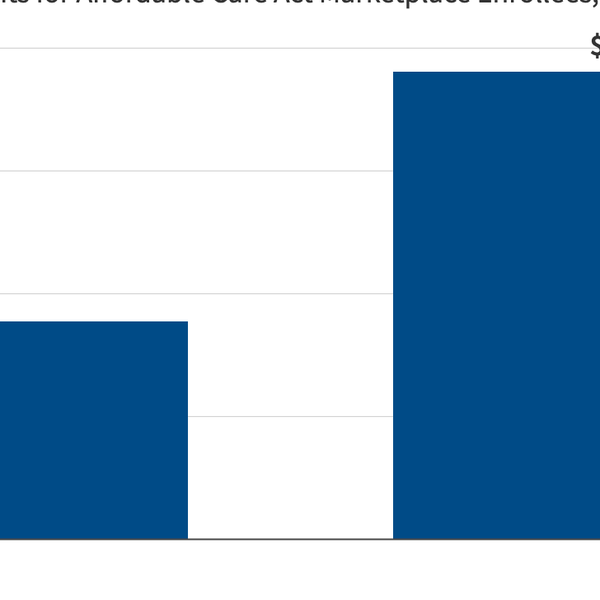George W. Bush commanded total support from the Congressional GOP when in office, failing to pass legislation only when the American people roared in disapproval, as they did when he tried to privatize Social Security in 2005. So it’s telling that they now reject his domestic policies as too progressive and his foreign policy as too interventionist:
Bush’s attempt to re-position the GOP to the center-right has been rejected in favor of an unmodified brand of conservatism that would rather leave people alone than lift them up with any “armies of compassion.” Many of Bush’s distinctive policy ideas have fallen by the wayside, replaced by a nearly single-minded focus on reducing the size of government.
Twelve years after the then-Texas governor chastised his party’s congressional leaders for attempting to “balance their budget on the backs of the poor,” it’s unthinkable that any serious Republican presidential hopeful would attempt to get to the left of the congressional GOP.
As Bush’s successor in Austin illustrated in a jeremiad at a Republican conference here this weekend, potential White House hopefuls now are competing to prove their conservative bona fides—and any criticism of their own party is for its purported drift away from principle.
And in last week’s New Hampshire presidential debate, the Republican field even edged away from the Bush administration’s activist foreign policy, condemning the intervention in Libya and calling for an end to the war in Afghanistan.
It adds up to a comprehensive and unmistakable rejection of the Bush legacy – and above all, of Bush’s platform of “compassionate conservatism” that was supposed to give the GOP a permanent electoral majority.
The problem here for the GOP is not their shift on foreign policy–Americans seem to agree that U.S. troops are overextended. But on domestic issues, the 2008 election was essentially a rejection of supply-side economics and a hands-off policy when it came to regulating banks and the financial industry–and moving further to the right hardly seems a recipe for success when the voting universe is sure to be larger than the one composed primarily of older, white Tea Party types that turned out last fall. [Politico]








